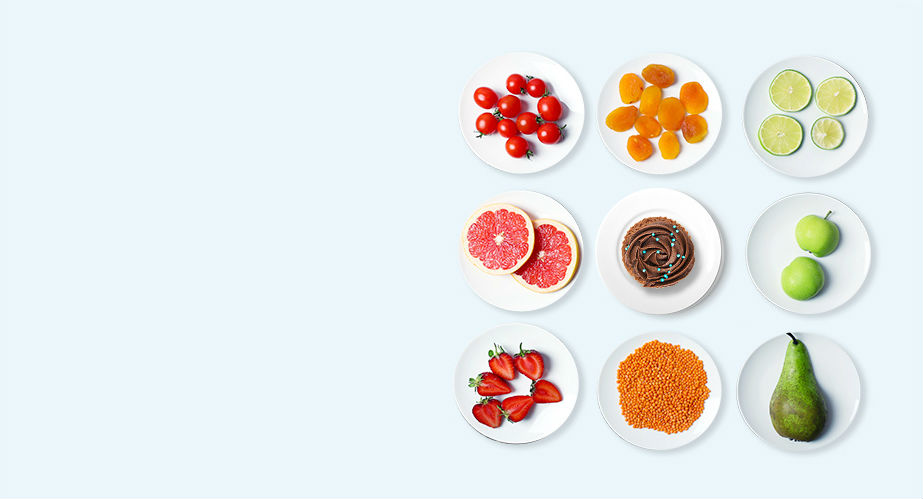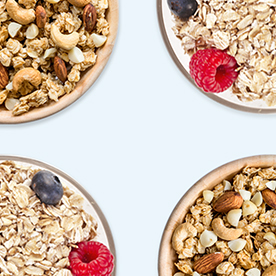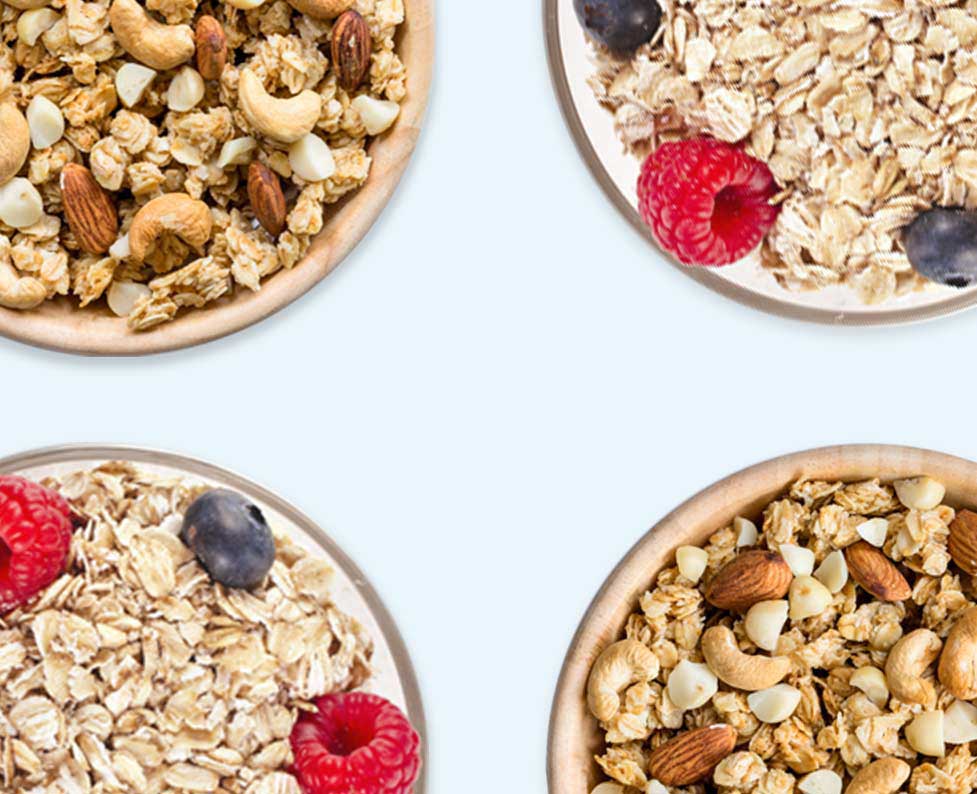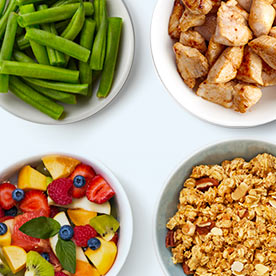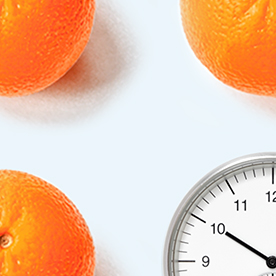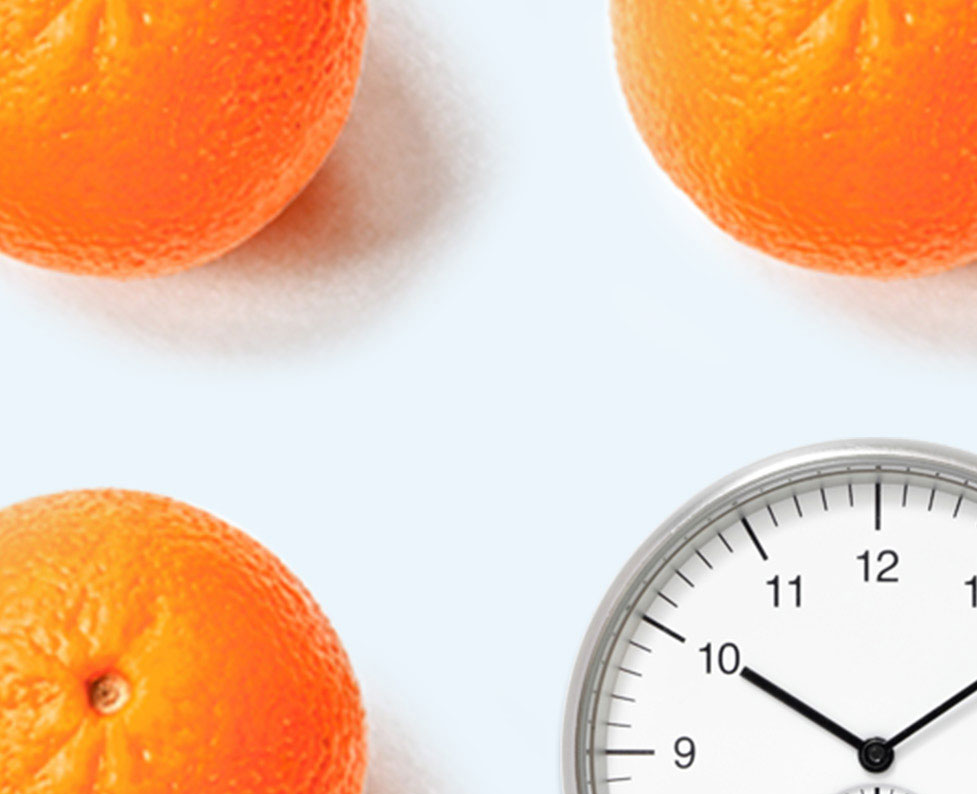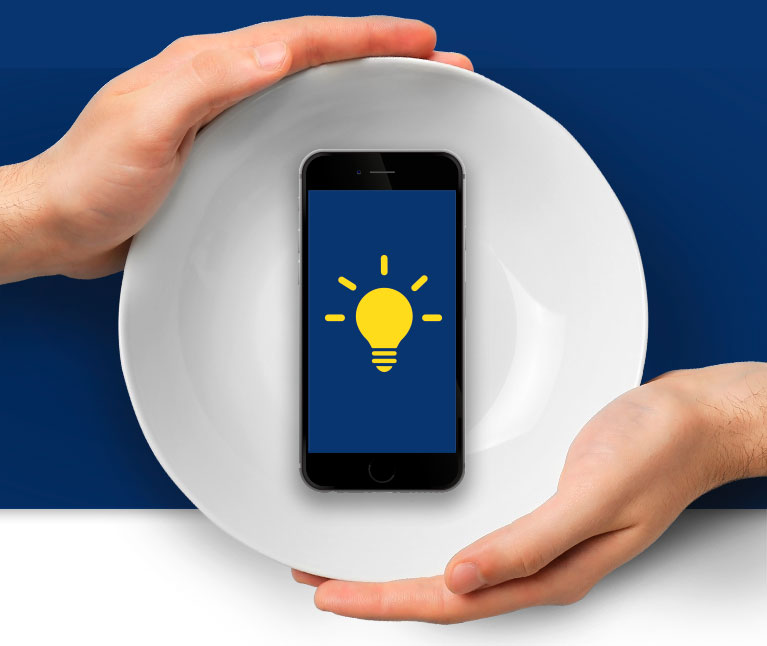When it comes to diabetes, myths and misconceptions abound. What’s accurate? What’s not? Not being sure of issues, such as your risk factors, symptoms, and how to live on a daily basis, could affect how well you take care of yourself and your condition. So, here’s the truth behind some of the most common diabetes myths.
1) You have to avoid all sugar
False. People with diabetes do need a balanced diet, which can include some sugar in moderation. The occasional indulgence isn’t forbidden but should be limited. Keep in mind that sugar is hidden in many packaged foods, such as bread, ketchup, salad dressing, and pasta sauce, so you may be consuming more than you think.
2) Diabetes is a consequence of too much sugar intake
False. Diabetes is the result of many complex factors. Inadequate eating habits, including a high consumption of simple carbs, poor portion control, and ingesting fat-laden foods, can increase your risk factors for type 2 diabetes. Genes play a role, too, as can your age and cholesterol levels and leading a sedentary lifestyle.
3) You can eat without depriving yourself
True. While having diabetes does mean being more careful with your food choices, it doesn’t mean you have to be on a strict diet by cutting out your favourite foods or snacks altogether. In fact, your body often responds to being deprived by creating cravings. The solution? Integrate your favourite foods into your diabetes meal plan with your health care professional’s help.
4) Skipping meals can help you lose weight
False. People with diabetes need to eat three meals a day to keep their blood sugar under control. Not only does skipping meals for diabetes cause unhealthy lows in blood sugar levels, it can also make you overeat later on. So, stick to your meal plan by eating a variety of healthy foods regularly throughout the day. If you need to drop a few pounds, exercise more, and eat more fibre-rich fruits and vegetables, which can help you stay full longer.
5) You shouldn’t drive if you have diabetes
False. It’s okay to drive if you have diabetes. However, the symptoms of low blood sugar (hypoglycemia) can affect your ability to drive. It's therefore important to keep snacks on hand to help prevent hypoglycemia while driving.
6) Your diabetes may be more difficult to manage if you have a cold or the flu
True. Coming down with a cold, flu, or any other illness can make it harder to manage your blood sugar levels, so preventing illnesses is important. Get a flu shot and make sure that you take extra good care of yourself during the flu season.




